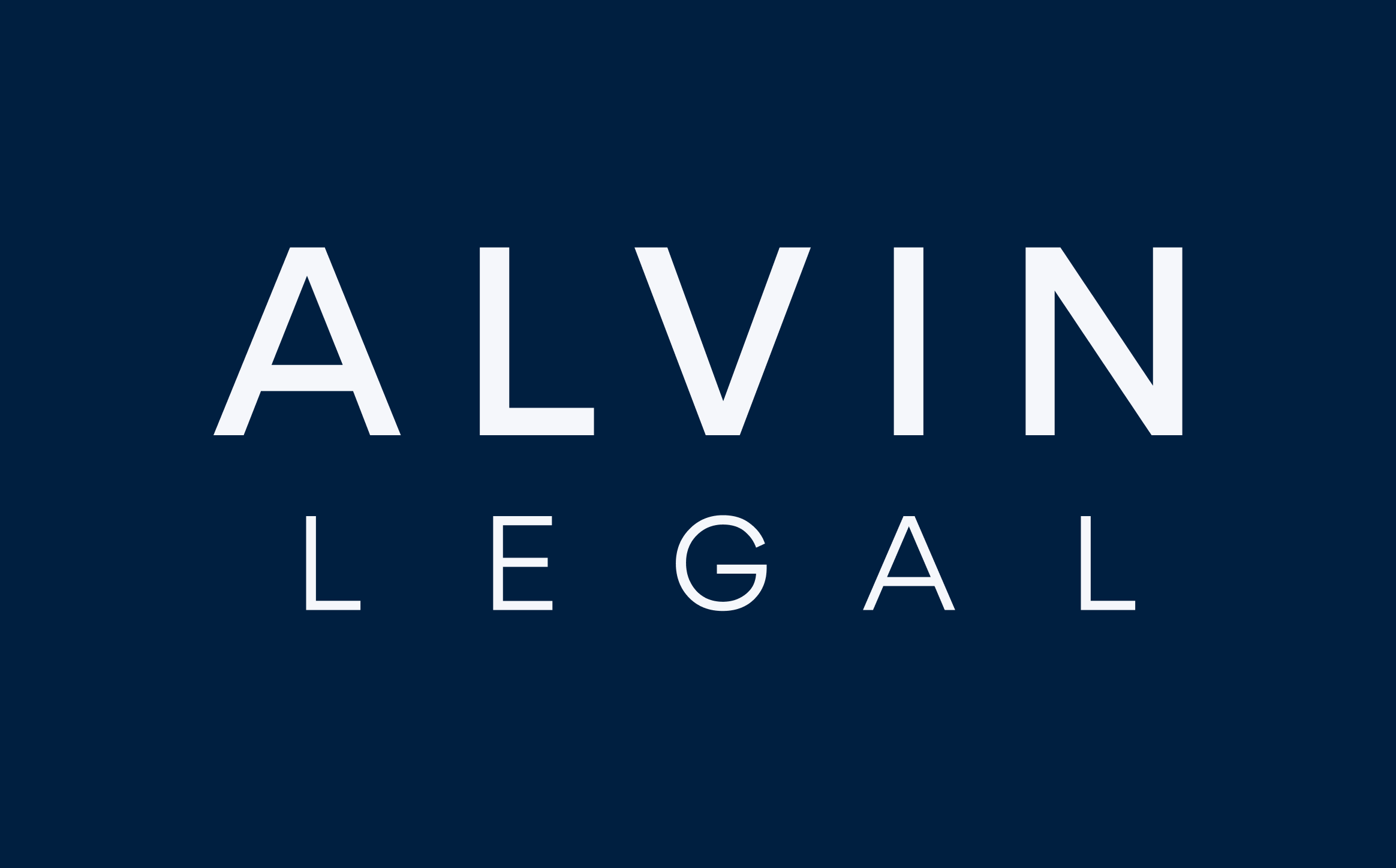Safe Notes – Introduction
The simple agreement for future equity (commonly known as a SAFE note) is an equity financing instrument that was released by Y Combinator in late 2013 (and updated in 2018). The SAFE note was designed to accelerate the seed funding round for startups by providing a standard, short document (usually five pages) to simplify negotiations.
The crux of a SAFE note is that the investor will be agreeing to pay their investment amount to a startup upfront, in exchange for a contractual right to receive equity when the startup reaches a defined trigger event (usually either a priced equity financing round, or alternatively, an exit event such as an initial public offering).
To understand how SAFE notes work, it is helpful to compare them to convertible notes.
What is the Difference Between a SAFE Note and a Convertible Note?
Convertible notes are debt instruments (with an option to convert into shares). If the investor does not choose to convert their convertible notes into shares, then the startup will be obliged to repay the face value of the convertible note to the investor. Convertible notes usually also require the startup to pay the investor interest payments.
Under a SAFE note, the startup will have no obligation to repay the investment amount, and this is true even if the SAFE instrument never converts into equity. The only exceptions to this are:1. if the startup achieves an exit event before the investor’s SAFE note coverts into shares, then the investor will be entitled to receive the greater of their original investment amount or a “conversion amount” calculated on basis that the investor’s SAFE note was converted into shares; or 2. if the startup goes into liquidation before the SAFE note convert into shares, then the investor will be entitled to repayment of the investment amount. The investor will usually rank equally with preferred shareholders (i.e. between debt holders and ordinary shareholders). There is also no interest payable on SAFE notes, as they are not debt instruments.
Different Types of SAFE Notes
There are three different types of SAFE notes:
1. valuation cap, no discount;
2. discount, no valuation cap;
3. most favoured nation, no valuation cap, no discount.
1/Valuation Cap, No Discount
This SAFE note will enable investors to convert their SAFE notes into shares at the lower of the priced equity round or the valuation cap. The valuation cap sets a ceiling on the conversion price to protect investors’ upside in their investment before their SAFE notes convert into shares. A valuation cap also sets a floor for the minimum percentage of shares the investor will receive on conversion. This is the most commonly used SAFE note.
2/Discount, No Valuation Cap
This SAFE note will enable investors to participate in a priced equity round by converting their SAFE notes into shares at a discount. The discount means they will receive more shares for their initial investment than they would have done if they were participating in the priced equity round normally. This SAFE note, however, does not contain any valuation cap.
3/Most Favoured Nation, No Valuation Cap, No Discount
The most favoured nation SAFE note will entitle an investor to swap their SAFE note for future convertible instruments issued by the startup, if those convertible instruments were offered on more favourable terms than the investor’s current SAFE note. This SAFE note does not contain any valuation cap or discount.
Conversion, Dilution and Pro Data Rights
On the startup reaching the defined trigger event (for example, a priced equity financing round or initial public offering), the SAFE note will convert into shares. If a valuation cap is used, it is important to note that the valuation cap is a post-money valuation of all SAFE investments and the options pool existing prior to the priced equity financing round. The valuation cap will not be “post” the priced equity financing round or the new options pool created as part of the priced equity financing round. To prevent dilution, a SAFE note may also include an optional clause or side agreement granting the investor pro rata rights entitling them to subscribe to additional equity at the priced round to maintain their percentage after the priced equity round.
Frequently Asked Questions
When you consider availing legal services for startups or business, it is normal to have a lot of questions cross your mind. We have tried to answer the most frequently asked questions by startup founders and business owners like yourself.

